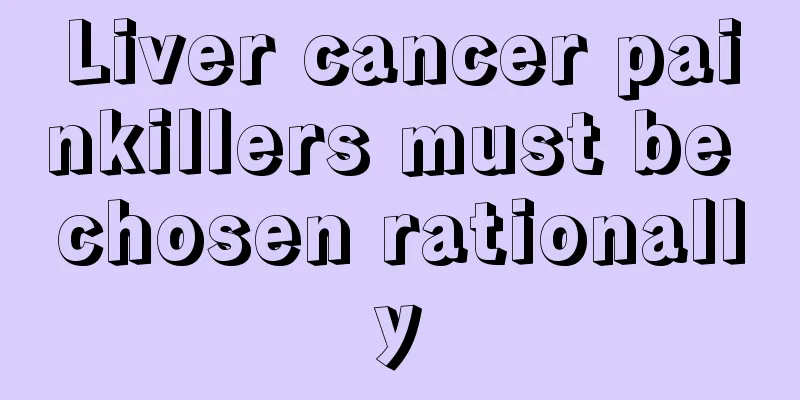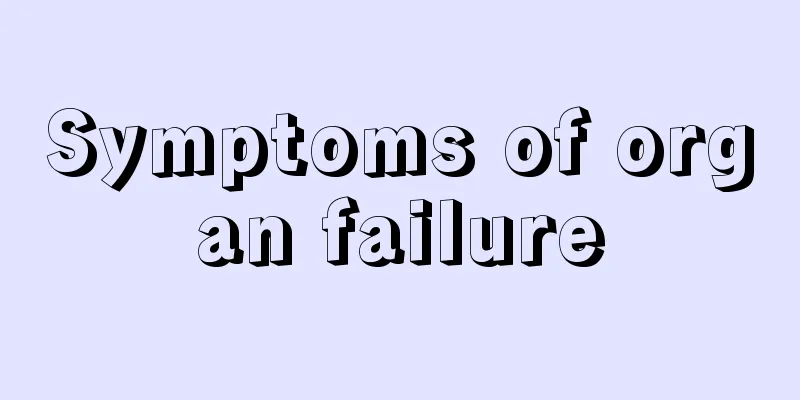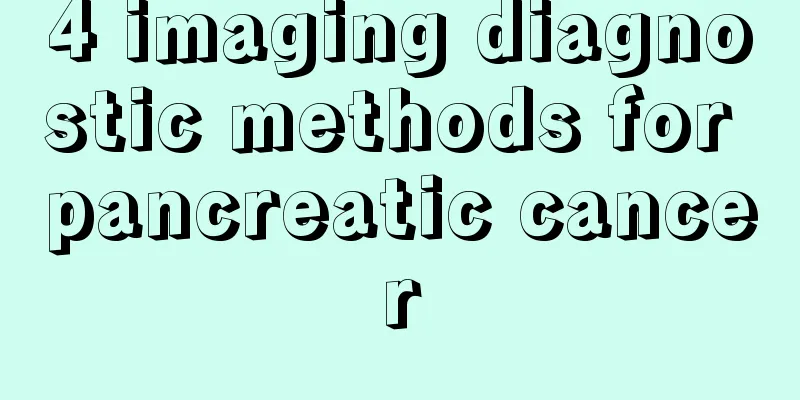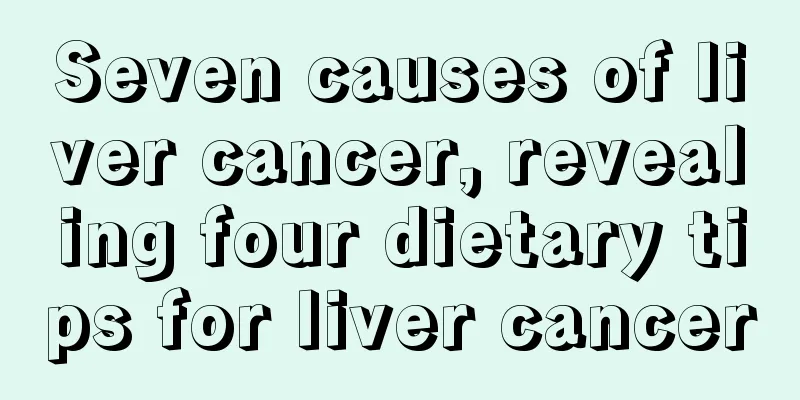What are the commonly used drugs for lung cancer chemotherapy
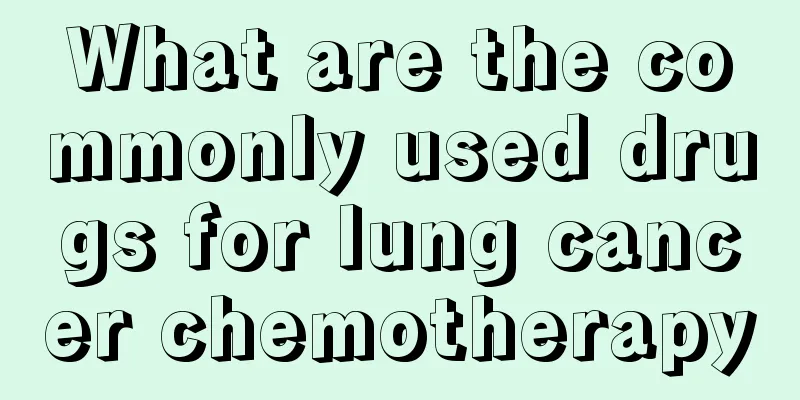
|
What are the commonly used drugs for lung cancer chemotherapy? Chemotherapy is one of the three main methods for treating lung cancer. Although chemotherapy has relatively large side effects, its position is very stable. Neoadjuvant chemotherapy before surgery can reduce tumor stage and increase surgical resection rate, and can improve the long-term survival rate of patients with stage III NSCLC. Platinum has always been in a dominant position in chemotherapy, and platinum combined with new chemotherapy drugs is currently the first choice for the treatment of advanced NSCLC. These new chemotherapy drugs include gemcitabine, vinorelbine, paclitaxel, and GP, NP, and PC regimens. According to literature reports, these chemotherapy regimens are more effective than the traditional commonly used regimens CAP and EP, and can be used as first-line chemotherapy regimens for the treatment of advanced non-small cell lung cancer. 1. Gemcitabine is cell cycle specific and is an antimetabolite anticancer drug that mainly acts on the DNA synthesis phase (S phase). Under certain conditions, it can prevent the progression of the G1 phase to the S phase. Its cytotoxic effect in vitro is dose- and time-dependent. 2. The mechanism of vinorelbine is to block the polymerization of tubulin to form microtubules and induce microtubule depolymerization, so that cell growth stops at the metaphase of mitosis. 3. Paclitaxel interferes with the division process of the microtubule system and prevents tumor cell mitosis. For locally advanced or metastatic NSCLC that progresses after first-line platinum-containing chemotherapy and has a suitable behavioral status, docetaxel is recommended as a second-line treatment; 4. Gefitinib combined with chemotherapy cannot improve the efficacy of advanced non-small cell lung cancer. However, experts still recommend gefitinib as a second-line or third-line treatment, and as a single agent for non-small cell lung cancer that has failed platinum-based and paclitaxel chemotherapy. The main side effects of these chemotherapy regimens are bone marrow suppression, hand-foot syndrome, and neurotoxicity. Long courses of treatment can lead to toxic accumulation and cause other treatment-related symptoms and signs. This makes the most appropriate course of chemotherapy for non-small cell lung cancer a very prominent issue at present. There are three main treatments for lung cancer: surgery, radiotherapy, and chemotherapy. As mentioned above, although chemotherapy is very effective, it has great side effects and can cause the patient's physical condition to decline rapidly, resulting in low immunity. Radiotherapy is also a very effective method for treating lung cancer. Currently, the more effective radiotherapy method is CyberKnife. CyberKnife is painless and non-invasive in treating lung cancer, has good effects, and has very few side effects. It can effectively treat lung cancer. |
<<: Is there any specific medicine for lung cancer
>>: What are the dangers of ignoring lung cancer
Recommend
Normal values of blood cell analysis
Whether it is a normal physical examination or a ...
Take birth control pills a few hours after sex
If you do not take contraceptive measures during ...
Remove blackheads and spots
Many people have blackheads and spots on their fa...
How to correct pubic protrusion
Pubic protrusion can be corrected by wearing brac...
How long should you exercise after a meal?
Many people like to exercise immediately after a ...
What are the side effects of photorejuvenation?
As we all know, photorejuvenation has a good effe...
Warning: 3 types of cancer are caused by inflammation! What is the pathogenesis?
The role of chronic inflammation in the developme...
How long can a person with highly differentiated liver cancer live?
How long a patient with well-differentiated liver...
What kind of nail polish looks good on people with dark hands
Nail polish is actually a kind of decoration for ...
Why does my chin sweat so much?
Sweating is both a physiological phenomenon and a...
What types of osteosarcoma are there?
When it comes to osteosarcoma, everyone is afraid...
What are the symptoms of nasopharyngeal cancer and how to treat it
What are the symptoms of nasopharyngeal cancer? H...
What are the correct diagnostic methods for tongue cancer
What are the correct diagnostic methods for tongu...
How to prevent hamartoma growth
Nowadays, the increasing pressure of life and the...
Disadvantages of electro-ion mole removal
I believe that everyone has some moles on their f...

